Phobias
Specific phobias are an excessive and unjustified fear of things or situations that bring little actual risk but cause dread and avoidance. Unlike the momentary anxiety you may experience when giving a speech or taking an exam, specific phobias are long-lasting, produce strong physical and psychological responses, and might affect your ability to operate properly at work, school, or in social environments.
Specific phobias are among the most prevalent anxiety disorders, and not all phobias require treatment. However, if a particular phobia negatively impacts your life, several treatments are accessible to assist you to work through and overcome your concerns — frequently permanently.
A specific phobia is an exaggerated, persistent dread of a specific thing or place that is out of proportion to the actual danger. There are numerous types of phobias, and it’s not unusual to have more than one particular phobia about different things or settings. Specific phobias can also be accompanied by other anxiety disorders.
Specific phobias are defined as persistent, abnormal anxiety or dread of an object, situation, or activity. The following are common examples of specific phobias: airplanes, confined spaces, thunderstorms, heights, animals, or insects.
Each phobia is referred to by its own name. The fear of heights, for example, is known as acrophobia. claustrophobia is another word that refers to a specific phobia.
At ASFY we understand how difficult it can be to deal with these conditions. We are here to help you every step of the way.
Our Professionals can help you get a handle on coping with depression, anxiety, or bipolar disorder.
Get Help Now
"Don't let your struggle define you"
The majority of people can be treated successfully with the proper therapy. When the phobia is dealt with promptly rather than waiting, therapy becomes much easier.
Schedule Your Appointment Now
Take the first step to the treatment you need. Contact us today to learn more about our services or to schedule an appointment.

